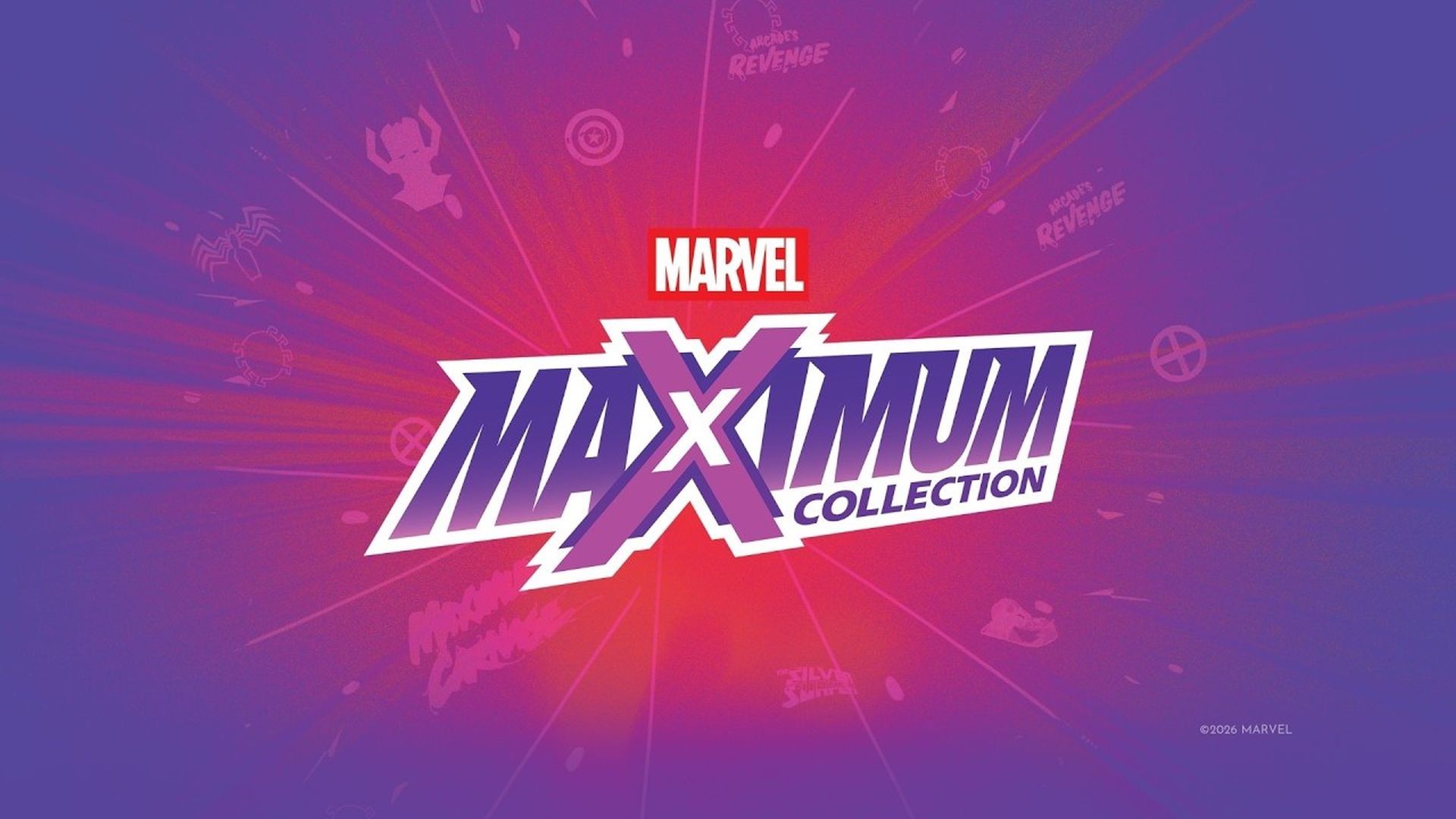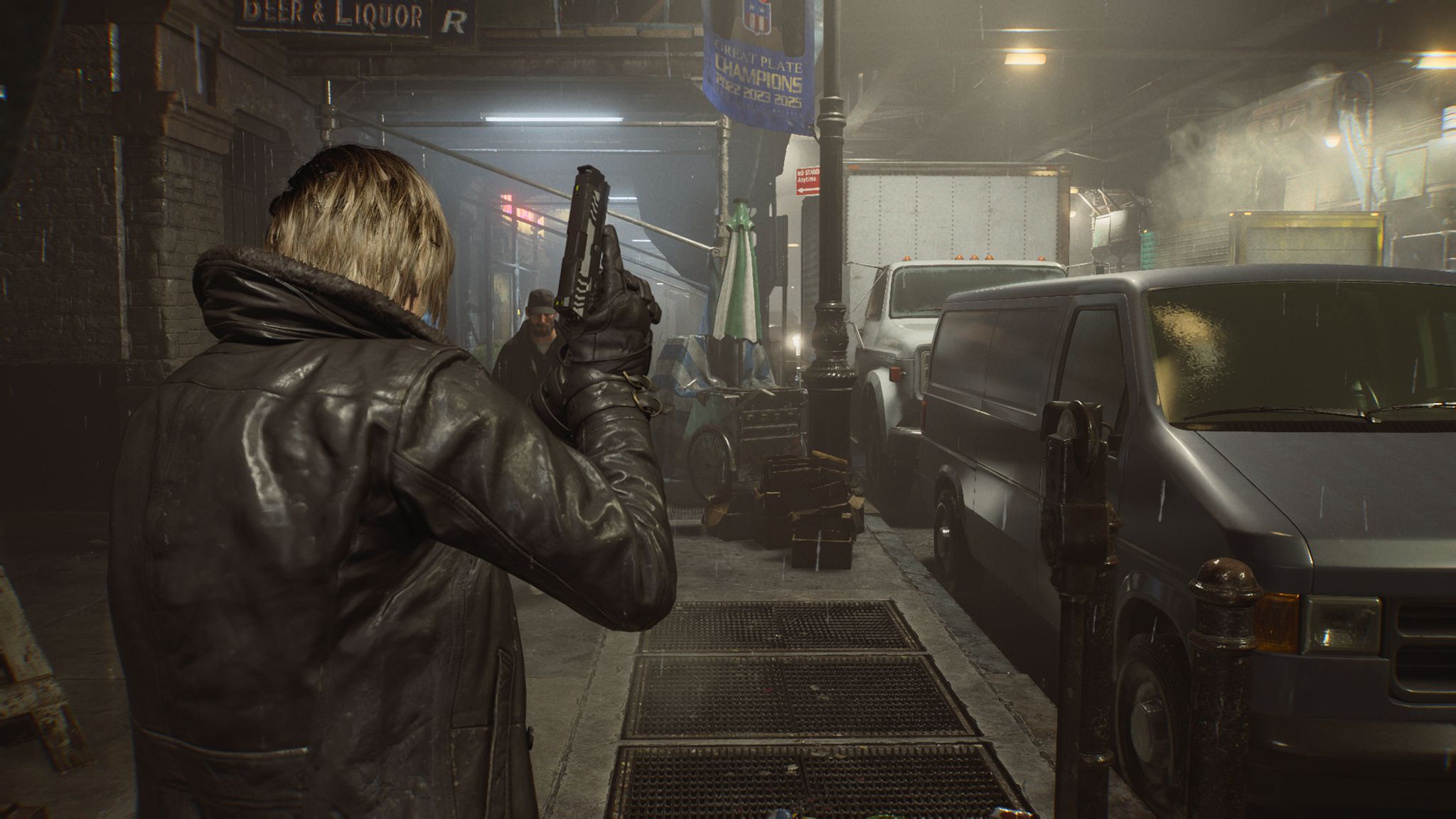The big question for Microsoft: why does it not allow running native Xbox games on Windows?
More stories in the category News
- Enjoy this strategy game for free on Xbox Series for a limited time
- Marvel Maximum Collection: retro glory for comic book lovers
- This is how Resident Evil Requiem performs on Xbox Series X and Series S
| Don't miss anything and follow us on Google News! |
Over the past few years, Microsoft has been pushing the idea of unifying console and PC under a single brand, but there’s a limit that still puzzles the community: if Xbox 360 games like Gears of War can already run through retrocompatibility and virtualization on Xbox Series, why can’t they be executed directly on Windows? Why can’t a device like the Xbox Ally X behave like a “mini Xbox” with access to the native catalog?
This issue has come up several times in forums, especially now that the company is openly talking about a future where Xbox Play Anywhere will be the central axis of its multi-platform strategy. However, native execution of console games on Windows is still not an option.
Xbox FSE, Licenses, and Hardware: The Three Obstacles
Although it may seem simple from the outside, like “
This is added to the fact that some games, even from past catalogs, have licenses associated with Xbox hardware, not Windows. Although Microsoft owns brands like Gears of War, other retrocompatible titles might not be able to run legally outside the Xbox environment without renegotiating agreements.
Lastly, there’s the hardware issue. Several voices in the community point to an important aspect: consoles have specific instructions in the APU that are not present in generic PC GPUs. This makes it so some games can’t be replicated exactly without deep changes or without an official emulator that doesn’t exist today on Windows.
A More Unified Future… But Not Yet
Still, many players believe this scenario could change. Microsoft is working on “bridging the gap” with next-generation hardware, allowing their future machines to run both native Xbox games and titles developed for Windows without artificial barriers. There’s also talk of a system similar to Steam Deck Verified, which would classify which titles are suitable for portable devices like Xbox Ally.
If one day Windows can directly run the classic Xbox catalog, it will be a huge step towards the single platform that many fans have been imagining for years.
For now, native execution of Xbox games on Windows remains a dream for the most enthusiastic. But Microsoft’s direction (more PC, more Play Anywhere, more cross-compatibility) suggests it’s not a discarded idea. It just needs time, agreements, and a solid technical framework for everything to work as players expect.






